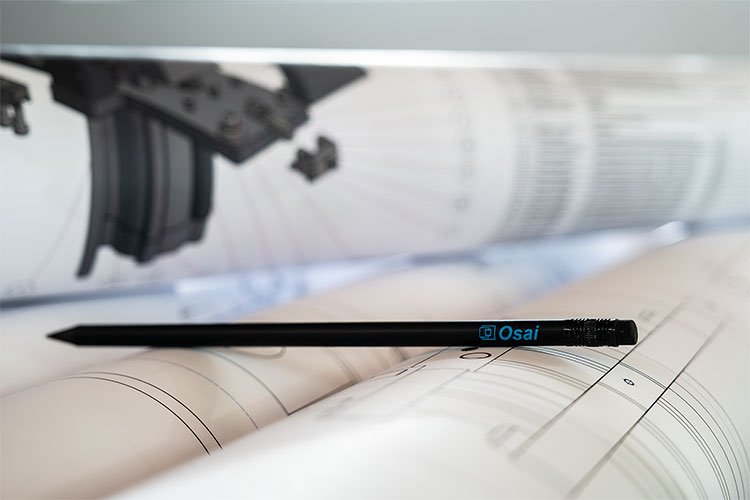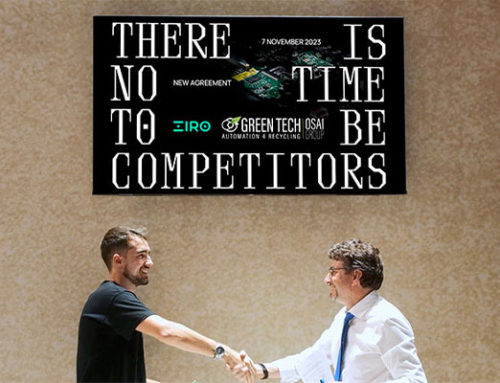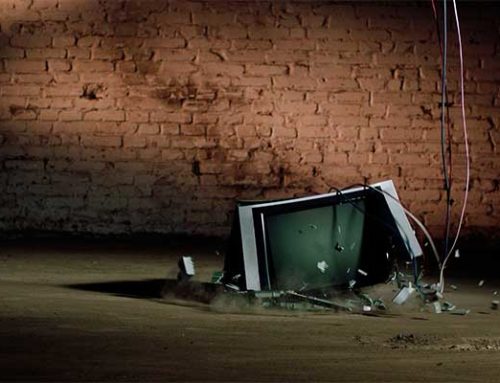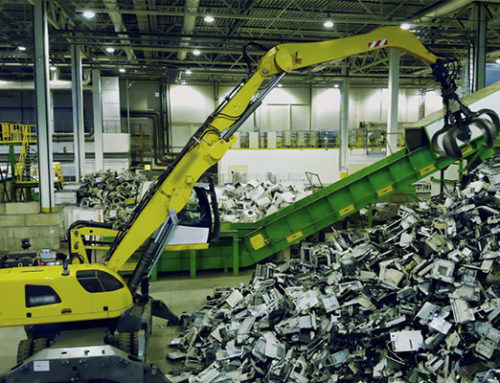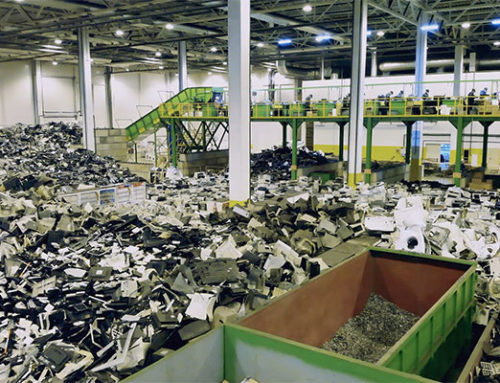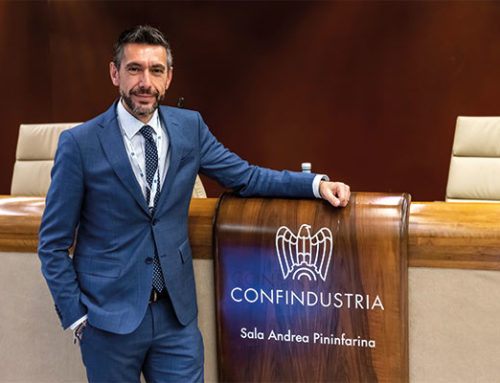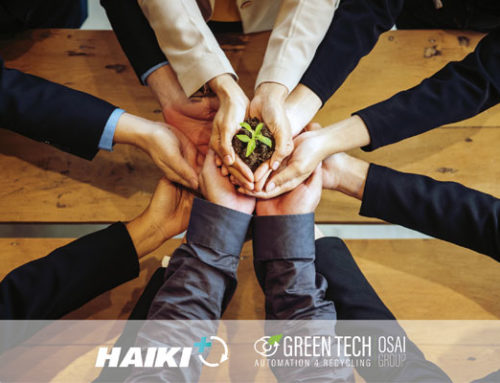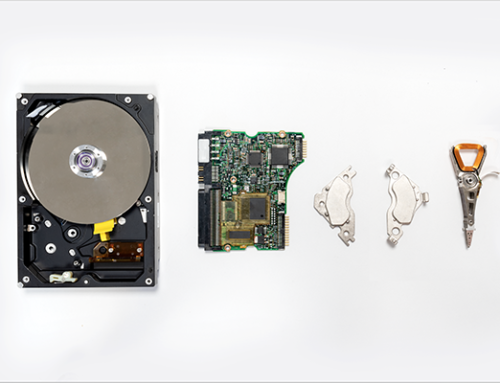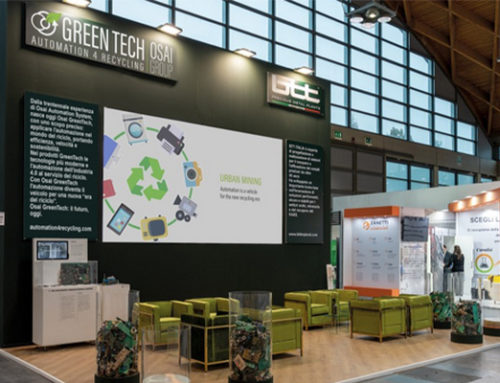In 2023, the transition from a linear to a circular economy must be considered the mandatory starting point for designing and manufacturing a green product. This requires a paradigm shift within every sector, including the field of industrial automation.
The data confirms the need: more than 80% of a product’s environmental impact is generated during the design phase. Approving a solution based on the efficient use of resources and materials contributes to reducing the effects of production and the amount of waste generated.
This requires action on various aspect. The product must be designed with given modularity characteristics: high standardization of its parts and components, possibility of repair or modification to extend its life, and compatibility with other similar products.
These are the principles of ‘eco design’, also known as life cycle design, a technical approach that evaluates and optimizes the stages of a product/service or an entire process to reduce its use of resources and environmental impact.
For companies, this means having to rethink their business model and adopt sustainable models that are embodied in concrete actions and behaviors inspired by the circular economy model, making their market presence stronger.
Today there is still a long way to go in the world of industrial automation, but within this framework Osai GreenTech aims to be a technological partner to support customers in the transition, offering consultancy and support in the field of ‘eco design’.


